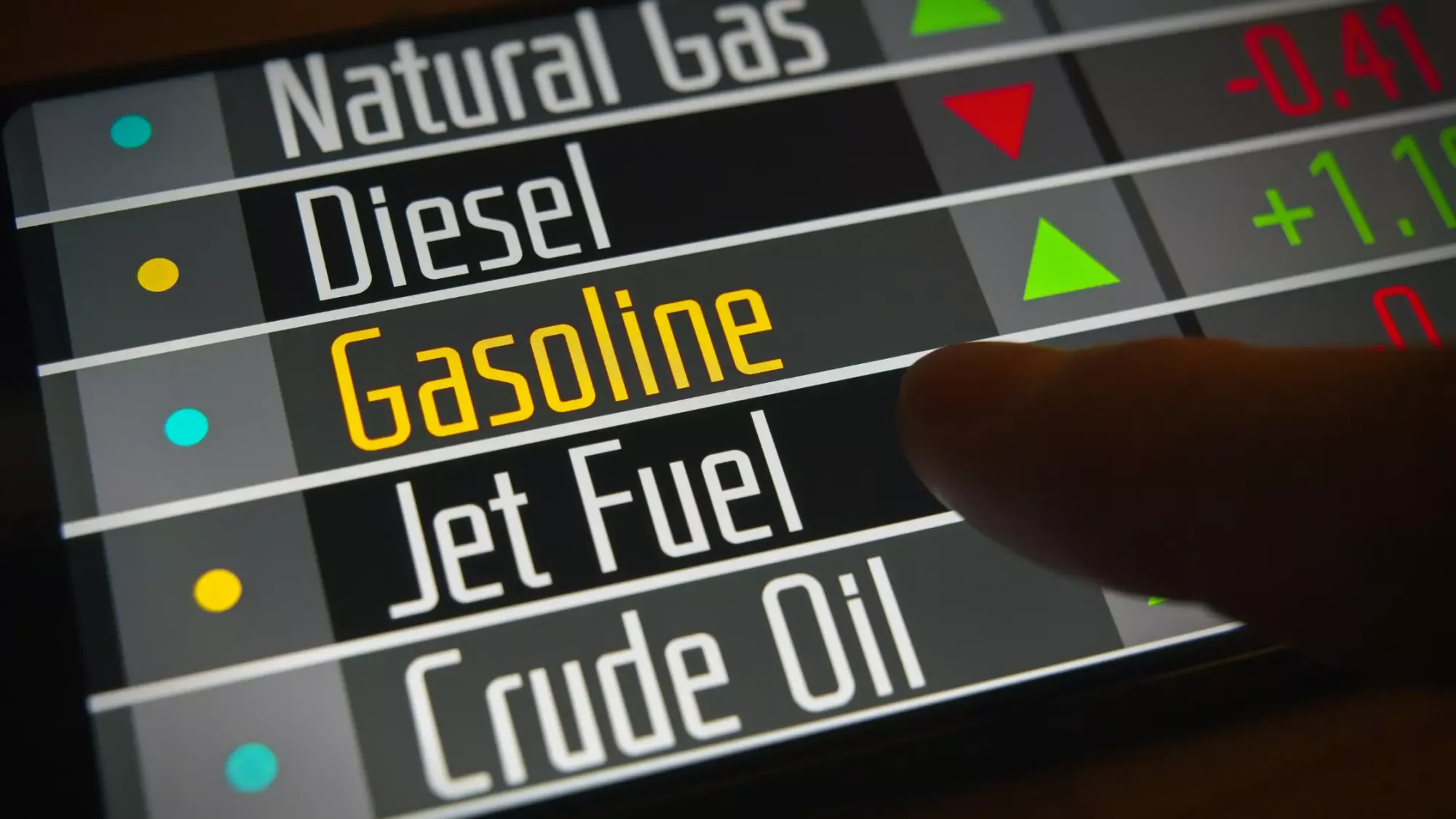Powering Your Adventures: Choosing Between Gas and Diesel RVs

The open road calls, and you're ready to answer. But before you embark on your next grand adventure, there's a pivotal decision to make that has potential long-term implications for your travel experiences.
Should you invest in a gasoline or diesel-powered RV? Both have their staunch supporters, and each brings a set of unique advantages and challenges. This article seeks to equip you with the information needed to make an informed choice tailored to your camper needs, ensuring every journey is as enjoyable as the destination.
Performance & Drive
One of the essential factors to grasp when considering the difference between gas and diesel RVs is the fundamental variance in engine design. Diesel engines employ compression ignition, wherein the air is compressed in the engine's cylinder, raising its temperature and igniting the diesel fuel. Gasoline engines, on the other hand, use spark ignition, where the fuel-air mixture is ignited by a spark from a spark plug. This basic distinction leads to several of the differences in performance, efficiency, and durability between the two types of engines. As you evaluate your options, understanding these foundational differences can guide your decision-making process more effectively.
Gasoline RVs
- Power: Typically offer quicker acceleration at lower speeds.
- Noise: Tend to be quieter than their diesel counterparts.
- Drive: Generally a smoother ride for smaller units, making them preferable for short trips or weekend getaways.
Diesel RVs
- Power: Provide better torque, especially advantageous for mountainous terrains or when towing heavy loads.
- Noise: A bit louder, especially during start-up.
- Drive: They have air suspension and exhaust brakes, offering a smoother ride in larger units, perfect for long-haul trips.
Fuel Economy & Cost
The debate over gasoline versus diesel isn't a new one. Historically, diesel has been associated with commercial and heavy-duty vehicles, primarily due to its robust nature and efficiency. Gasoline, on the other hand, was popularized in the consumer market for its accessibility and smoother operation. This backdrop provides context to the present-day advantages and disadvantages of both fuel types, particularly as they relate to RV usage.
Gasoline
- Cost: Gasoline is typically less expensive than diesel, but this can vary depending on regional factors.
- Economy: Gas RVs tend to consume more fuel, especially in larger models.
Diesel
- Cost: Diesel fuel can be pricier, but the increased fuel efficiency might offset the price difference.
- Economy: Diesel RVs are more fuel-efficient, especially noticeable in larger rigs.
Maintenance & Longevity
Before delving into the specifics of maintenance for gas and diesel RVs, it's crucial to understand that an RV is more than just its engine. These campers house various systems—from plumbing and electrical to HVAC and slides—that all require maintenance. Choosing between gas and diesel will have implications for the engine's upkeep, but it's essential to remember that holistic care is key to prolonging the life and functionality of your RV. Whether you opt for gasoline or diesel, being proactive with overall maintenance will ensure a more enjoyable and hassle-free camping experience.
Gasoline RVs
- Maintenance: Typically require more frequent service intervals.
- Lifespan: Gas engines have a shorter life expectancy compared to diesel but are less costly to repair.
Diesel RVs
- Maintenance: Less frequent but often more expensive service intervals. It’s essential to remember that diesel engines require specialized knowledge for repairs.
- Lifespan: Diesel RVs generally last longer and can rack up more miles, making them a solid choice for full-timers.
Resale Value
When purchasing an RV, it's not just about the immediate adventures ahead; it's also an investment in your future travels. Much like buying a home or car, considering the potential resale value of your RV can be a crucial aspect of your purchase decision. Beyond the sheer enjoyment and convenience of the vehicle, an RV's resale value reflects its durability, popularity, and overall demand in the market. By understanding how gasoline and diesel RVs fare in the resale market, you're better equipped to make a choice that aligns with both your current needs and future plans.
- Gasoline RVs: Tend to depreciate faster than diesel models.
- Diesel RVs: Typically hold their value better, especially if they've been well-maintained.
Conclusion
Choosing between a gas and diesel RV comes down to personal preference, intended usage, and budget constraints. If you’re planning sporadic weekend getaways, a gasoline camper might be your pick. On the other hand, if long-term travel or full-time RV living is on the horizon, investing in a diesel RV could be a wise decision.
Remember, the journey is as significant as the destination. Ensuring you have the right RV to suit your needs will make all the difference in your adventures.